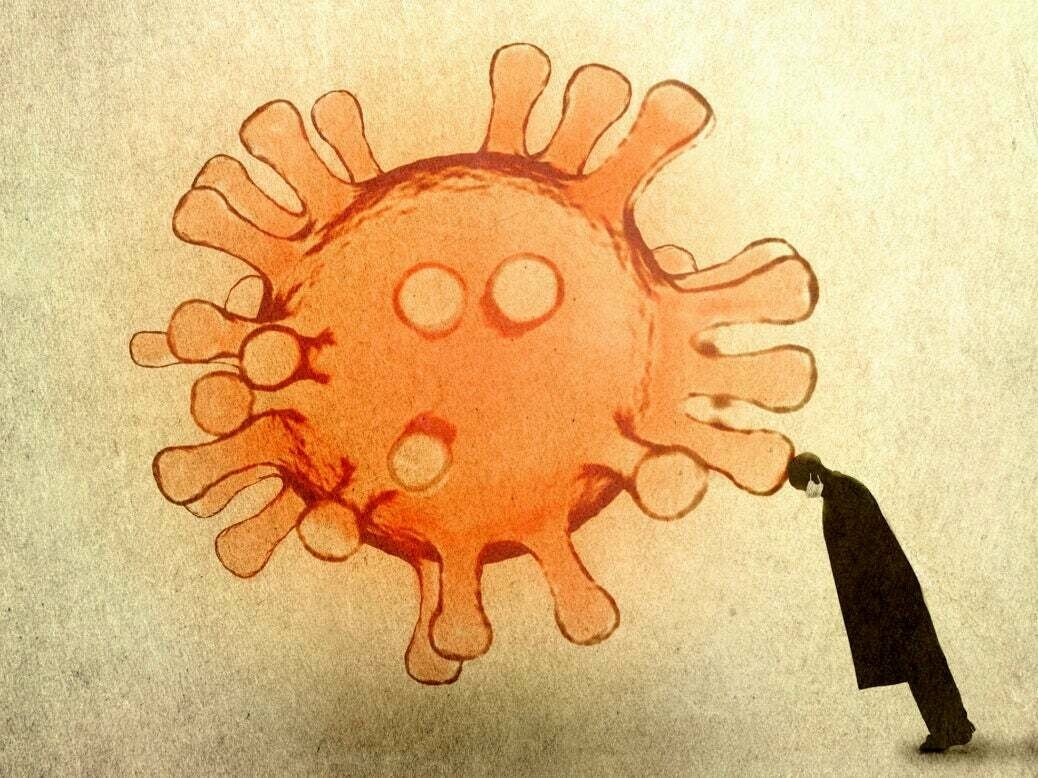Psychological hibernation
I can’t really remember what life was like before having children. Becoming a parent changes you in ways you can’t describe to non-parents.
Similarly, if we tried to go back in time and explain how the pandemic has changed us, how we’re more susceptible to burnout, less up for meeting with other people, it would be almost impossible to do.
One term that might be useful, however, is ‘psychological hibernation’ — as this article explains.
Was it always like this? Can anyone actually remember what it was like before? For some reason, coming up with an answer to that question is like recalling a boring dream: the more you attempt to remember the details of life before Covid, the quicker it fades, as if it never happened at all.Source: The great Covid social burnout: why are we so exhausted? | New StatesmanIn 2018, a group of psychologists in the Antarctic published a report that may help us understand our current collective exhaustion. The researchers found that the emotional capacity of people who had relocated to the end of the world had been significantly reduced in the time they had been there; participants living in the Antarctic reported feeling duller than usual and less lively. They called this condition “psychological hibernation”. And it’s something many of us will be able to relate to now.
“One of the things that we noticed throughout the pandemic is that people started to enter this phase of psychological hibernation,” said Emma Kavanagh, a psychologist specialising in how people deal with the aftermath of disasters. “Where there’s not many sounds or people or different experiences, it doesn’t require the brain to work at quite the same level. So what you find is that people felt emotionally like everything had just been dialled back. It looks a lot like burnout, symptom wise.” Kavanagh continued: “I think that happened to us all in lockdown, and we are now struggling to adapt to higher levels of stimulus.”
